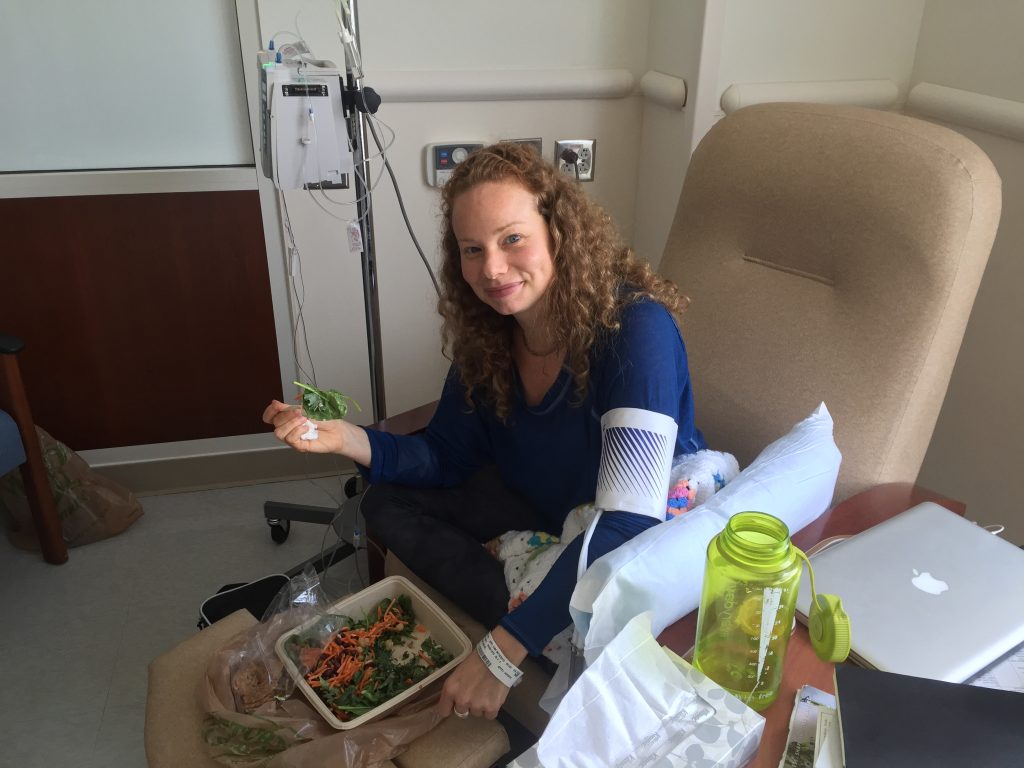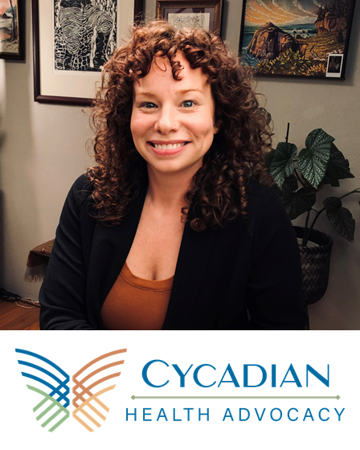
To the Kind-Hearted Supporter
If you are supporting your friend or family member who has been diagnosed with cancer or another chronic illness, you know that role comes with many challenges. It’s hard to watch the ones we love suffer and struggle. There is a learning curve that comes with figuring out how to balance your time and energy and knowing how to give in a way that will truly benefit your loved one. You want your support to be well received. The fear associated with the illness can make figuring all that out extra tricky.
There are many specific ways you can help your person. This article isn’t meant to define all those ways but to provide some tips and considerations as you decide how you will help.
Match values always.
If you want to help your friend, match your support with their values. Keep in mind who they are, where they are at in their treatment or survivorship, what else is going on in their life, what you know them to love and care about.
Ask questions.
There is an art to asking questions and listening well, and it’s something we could all afford to learn and continually work on. As an art, it needs to be practiced for improvement. Listening is sometimes the best support you can provide. Asking questions about how your friend feels and what they are experiencing will help you better understand their needs. Ask open-ended questions that offer an opportunity for them to explore their feelings and needs. Don’t bog them down with questions seeking details about cumbersome topics.
Do some research and educate yourself.
Learn about ways to organize support, about supporting as a role in itself. Learn about the particular kind of cancer or illness your loved one has been diagnosed with. Take it upon yourself, rather than requiring them to teach you. Seek credible resources.
Expect a unique experience, difference, and change.
Neither your friend nor the cancer that is or was in their body will be exactly like anything you read. Their medical situation and personality combined make their experience singular. And if you think you know what to usually expect from them, expect that to change. Grief, stress, physical experiences, and a multitude of other disruptions in their life will manifest in ways that may not seem “like them.” They may appear to be doing well but are actually struggling. Be careful about how you express wishes for them to be doing better.
Don’t put your need for normalcy on them.
Just because you feel fatigued/bored/over your loved one having cancer and want to go back to the way your relationship used to be, doesn’t mean they are ready for or capable of that. Although that may seem obvious, sometimes a supporter doesn’t notice how often they semi-consciously express a desire for something different than the reality that is (ex: “Ughhhhh, I wish you could come with us!”). Your sweet sentiment and big imagination can become insensitive. Your friend will want to hear this once in a while, perhaps, but maybe not often.
Just as much as grief around the old days can be a burden to the person dealing with the illness, so can the hope that things will be “just fine”! Keep in mind that overwhelming or toxic positivity can actually make your friend who is sick or recovering feel unseen, not ok as they are, or that they don’t have the space to experience the complex emotions they naturally have. If you can’t be with them for the hard stuff, check in with yourself about the capacity you have, if you want to build that capacity, or if you don’t or are unable to do that..
Set boundaries.
Just because your loved one is struggling doesn’t mean you shouldn’t take care of yourself. If you are a regular or everyday supporter of someone diagnosed with cancer, you may experience fatigue and even burnout. You can have boundaries, take breaks, or change the ways you are available.
Communicate.
Even if your friend is dealing with cancer, they don’t necessarily benefit from being sheltered from your authentic experience (this is obviously subject to how difficult things are for them at the time and what they are going through medically and emotionally). Be honest so they can set reasonable expectations about how you can be with them. If you haven’t been clear about what you are up for, check in with them about that. Maybe they really would be more comfortable knowing you get nervous around needles, for example, and want to make sure you aren’t around for injections (for the well-being of you both).
Be considerate.
Be careful not to dump your feelings. Your loved one’s ability to digest an unburdening of your guilt or worry may be limited. Remember that your friend who is a current patient or in survivorship may be overwhelmed. The treatment for cancer and the diagnosis can cause trauma. Keep in mind their physical, emotional, mental load as you determine how to interact. Those in active treatment for cancer may be in survival mode and may not be processing all they are going through in real-time. It’s often not until after treatment that survivors take in all that has happened.
Mind your expectations and timelines.
Those who have completed active treatment may not be back to pre-cancer “normal” when you think they should, or ever (most likely, ever). Your friend who has had dealt with this or any major illness is forever changed. And it’s very important to understand that when your loved one is recovering, that is when they might need you the most. Transitioning out of active treatment can be a really confusing time for survivors. People in this stage might be grappling with what has happened and may not know where they want to put the energy they have. They might be exhausted, in physical pain or chronic discomfort, have a disability, or adjusting to a new way of living. Potentially, a dramatic shift has occurred.
Survivorship is a key time for social support to engage.
Get ready to listen, distract, and support however you and your friend do friendship best. Make it real. Don’t performatively support your friend who is dealing with a cancer diagnosis. Don’t take photos at the hospital and bail. Be genuine, and do it your way.
Be present and true.
Sometimes the particulars of how you can support are difficult to figure out. Sometimes your friends dealing with cancer or chronic illness don’t have the energy to share how they are doing with everyone but could still benefit from someone helping.
Use tools.
There are a lot of online support tools out there. One of the most helpful things you can do when a friend is diagnosed is research those and help a community of folks get organized to help your friend. There are ways to raise money, organize tasks, plan meals, and more. One great resource is…
- The b-there tool by b-present. The b-present Foundation is a smart and inspired organization that offers this tool, and other tips and resources, for those supporting young adults dealing with cancer. “After bold, sassy and beautiful 20-year old Kirsten Westerman lost her seven-month battle with leukemia in 2016, determined family and friends founded b-present in her honor.”
Do the best you can.
While there is a lot to navigate in this dynamic, you’ll find your way. Meet the challenge and learn what you can for the sake of your buddy, sibling, cousin, classmate, colleague who is going through a really difficult time. Be kind, be available if you can, set reasonable boundaries, and take care of yourself.
About Rachel Westlake, BCPA
Rachel is an Independent Health Advocate, Board Certified Patient Advocate, Founder of Cycadian Health Advocacy and a two-time cancer survivor. She believes survivors have a more fulfilling life after cancer when they have access to resources that suit their unique experience. Cycadian Health Advocacy specializes in helping cancer survivors in the peak of their lives move toward whole-person health by creating customized resources and helping survivors integrate those resources into their lives.
Cycadian Health Advocacy recognizes that people heal more profoundly in community, and acknowledges that young adult survivors want to feel more in charge of their lives post-treatment. By providing tools, connecting survivors with specific support, providing patient advocacy and health guidance services, clients have the opportunity to move toward whole-person health with community support but on their own terms.
Want more?
- Check out cycadianhealthadvocacy.com
- Follow Cycadian Health Advocacy on Instagram
- Learn more about the b-present Foundation

